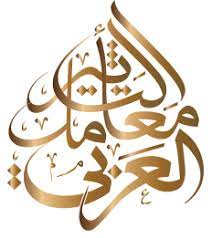الأديب البيشاوَري وانعكاسات الثورة الدستوريّة في شعره العربي
DOI:
https://doi.org/10.36317/kaj/2020/v1.i44.1526Keywords:
Qajar, Arabic poetry, Peshawari writer, The constitutional revolution, Ahmed Shah, The Khorasani AkhundAbstract
In the second half of the nineteenth century AD, modern factors led to a change in the visions and ideas of the Illuminati in Iran. In addition to that, Western political views led to national movements and thus produced national poetry in this era. And the first changes that poetry witnessed in this era were in the field of the idea, as dealing with social issues, the demands of the people, and freedom from oppression and arbitrariness took a large part of the poets’ attention. Sayyid Ahmad al-Ridawi, known as the Peshawari writer, dealt more with political poetry than other poets, and he can be considered the pioneer of Persian and Arabic political poetry in contemporary Iran. From this standpoint, and through our study of the most important purposes and topics that the Peshawari writer addressed in his Arabic poems, and the statement of his position regarding the events that took place during the days of the constitutional revolution, it becomes clear to us the political and social conditions prevailing in Iran at that era and how a new Arab poetic object appeared in Iran, i.e. poetry. politician. Therefore, the research seeks through the historical method and the study of various sources, to reach the desired results, the most important of which are: The Peshawari writer believes that the aim of the constitutional revolution is to achieve Britain's interests, and its support is considered a great sin. He calls the supporters of this revolution, even the Akhund Khorasani, who was one of its religious leaders, infidels and heretics. The Akhund Khorasani is considered to be responsible for the immorality and the emerging change in women's dress after the constitutional revolution.
Downloads
Downloads
Published
How to Cite
Issue
Section
License
Copyright (c) 2020 مديحة كريمي, الدكتور حسين مرعشي

This work is licensed under a Creative Commons Attribution 4.0 International License.



















